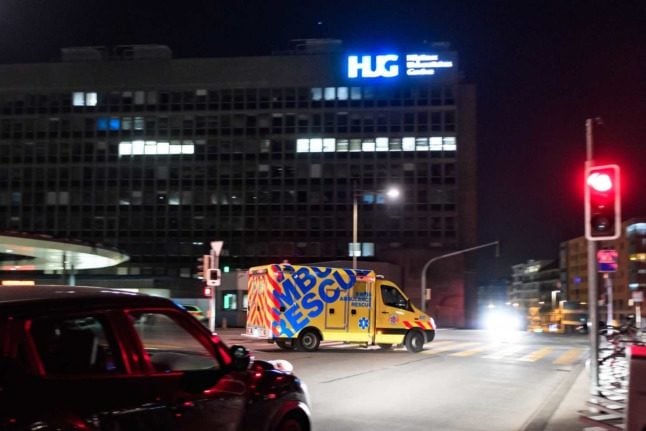The world’s biggest hearing aid maker, headquartered in Stäfa, Switzerland, is being investigated by stock exchange authorities after its chairman, Andy Rihs, sold 300,000 shares shortly before the company cut its profit forecasts.
Chief Executive Officer Valentin Chapero and Chief Financial Officer Oliver Walker have resigned, the company said in a statement, while Rihs, who also appeared at a news conference in Zurich on Wednesday, demoted himself to a lesser role.
In the statement, the company admitted mistakes were made in the days leading to the profit warning.
“In the run-up to the profit warning of 16 March 2011 the responsible persons at Sonova failed to issue a timely Sonova-internal black-out period for trading in Sonova shares and options,” the note said. “As a result of this failure, there were trades that should not have taken place during that period. In addition, Sonova has issued its profit warning too late.”
The company, which employs about 7,200 people, said a law firm has carried out an investigation upon Sonova’s mandate and found that Rihs carried out his share transactions on March 8 “in good faith.”
However, it added, the SIX Swiss Exchange has also opened a preliminary investigation.
To replace Andy Rihs, the Board of Directors appointed Robert Spoerry as its new Chairman, a non-Executive Member of the Board of Directors since 2003, while Rihs will remain a Member of the Board of Directors.
“Even though the internal investigation concluded that I carried out my share transactions of 8 March in good faith, as Chairman of the Board of Directors I too am partly responsible for the shortcomings that happened,” Rihs said in the statement.


 Please whitelist us to continue reading.
Please whitelist us to continue reading.